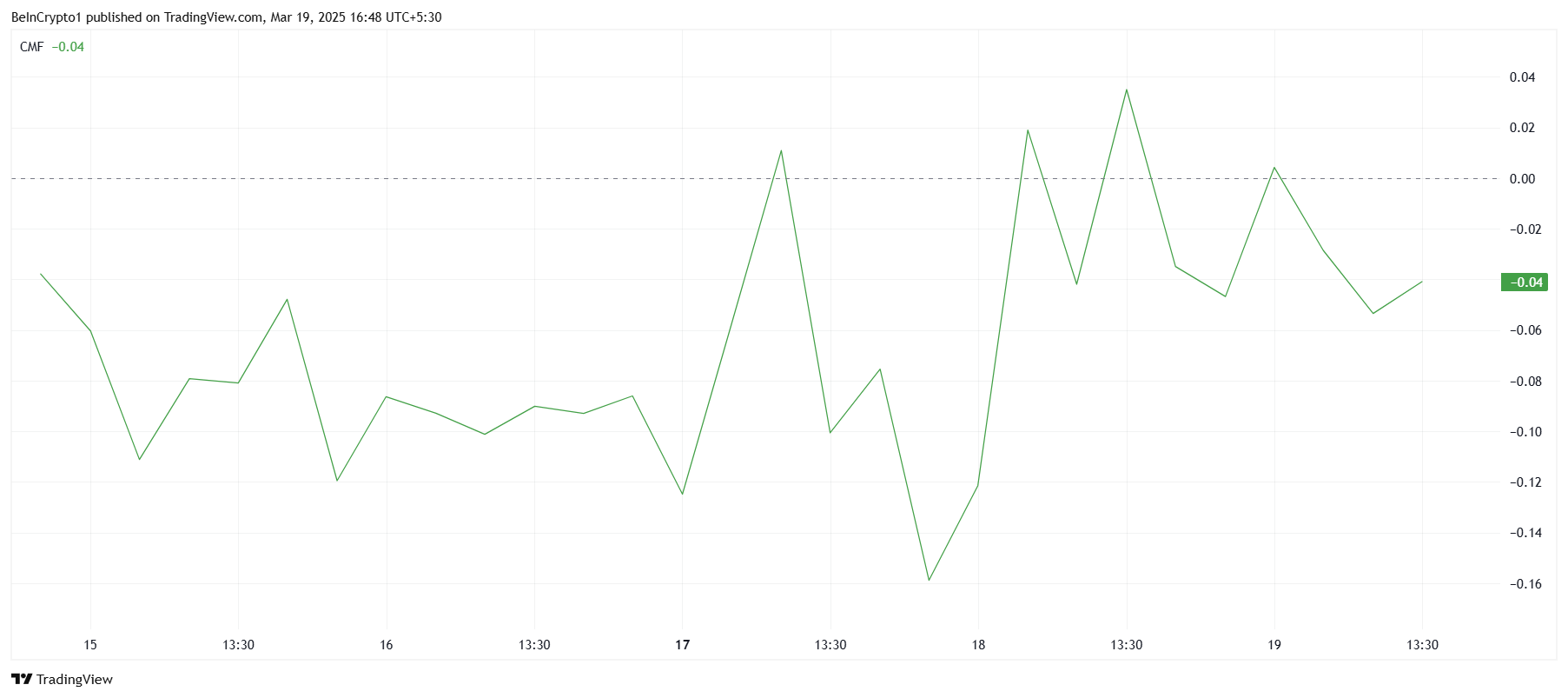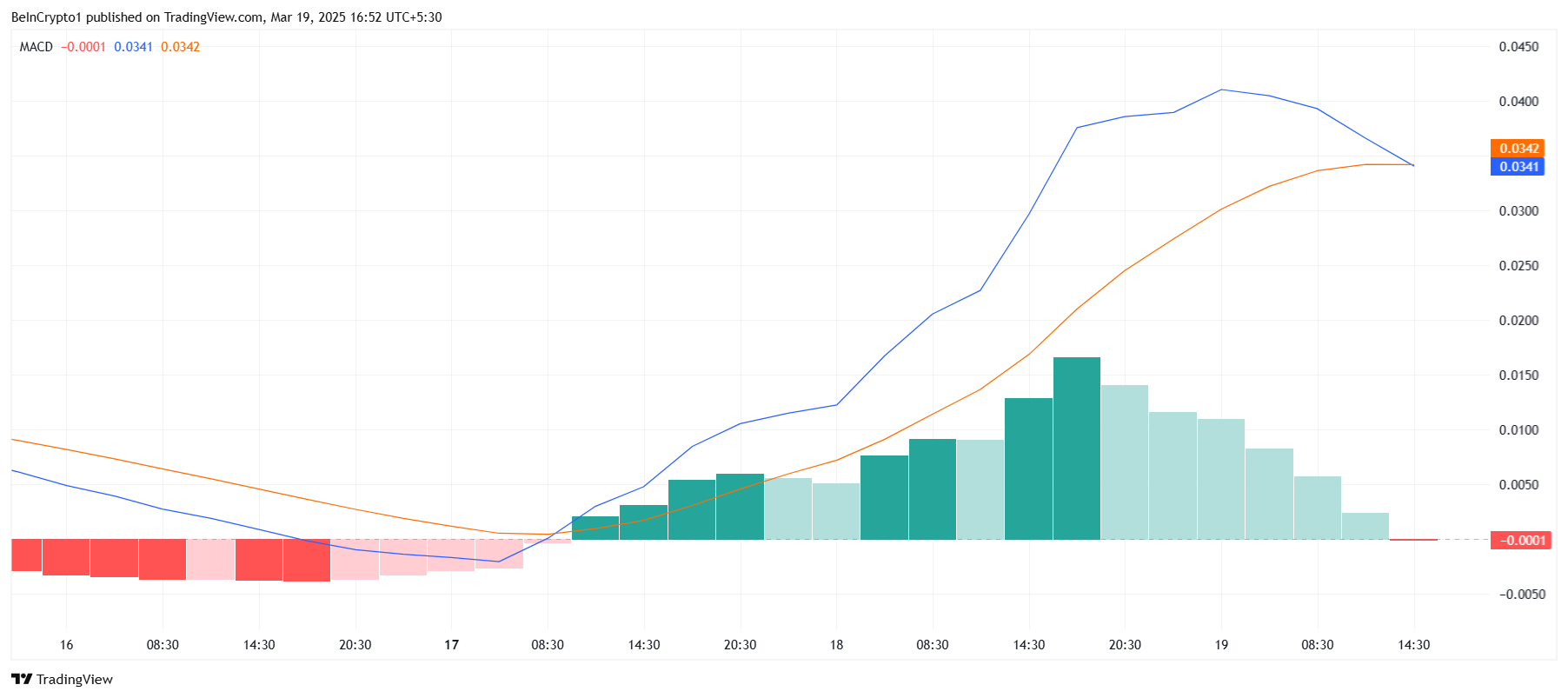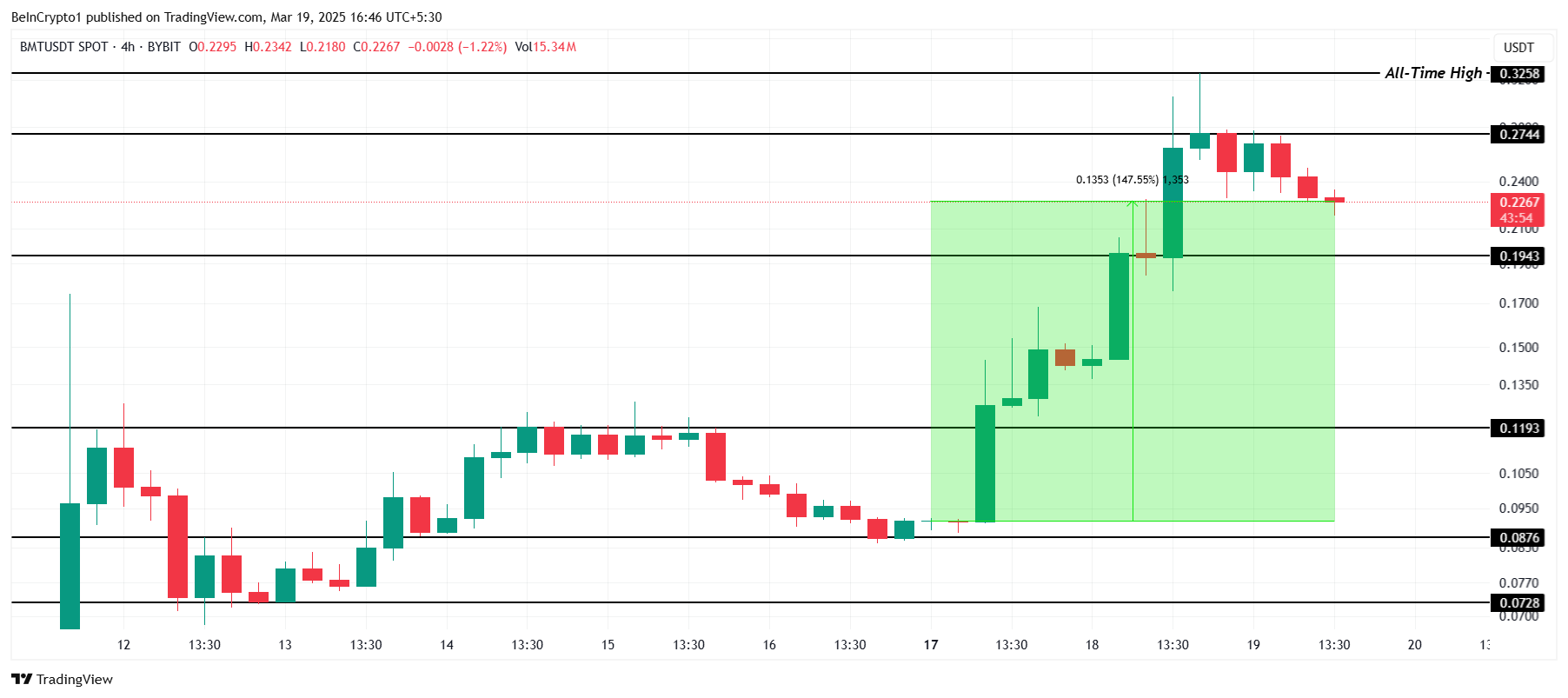
In a strategic move aimed at strengthening blockchain privacy solutions, Base, the Ethereum Layer-2 network incubated by Coinbase, announced on Thursday that it has acquired the core development team of Iron Fish, a proof-of-work (PoW) blockchain specializing in privacy-preserving transactions.
The acquisition aims at enhancing Base’s user privacy and security in the rapidly evolving decentralized finance (DeFi) and blockchain ecosystem.
Strengthening Privacy in Blockchain
Privacy remains a critical challenge in blockchain technology, where most transactions are transparent and publicly accessible. Iron Fish, launched in 2023, gained recognition for its use of zero-knowledge proofs (ZKPs) to enable confidential transactions while maintaining regulatory compliance. By integrating Iron Fish’s expertise, Base aims to develop and implement “privacy-preserving primitives,” foundational tools designed to enhance confidentiality within the Base ecosystem.
These primitives will play a crucial role in ensuring secure transactions without exposing sensitive user data. With increasing concerns over data privacy, Base’s initiative aligns with broader industry efforts to develop more secure blockchain infrastructures that balance transparency and confidentiality.
Privacy is critical for unlocking the full potential of an onchain future
That’s why we’re bringing on the team behind @ironfishcrypto to develop privacy-preserving primitives across Base pic.twitter.com/kGCVSS84HG
— Base (@base) March 6, 2025
What the Acquisition brings
While the financial terms of the acquisition remain undisclosed, the deal is primarily focused on the integration of Iron Fish’s team and technology into Base’s development framework. The move does not indicate a full acquisition of Iron Fish as a network but rather a strategic hiring of its core developers.
“Privacy is fundamental to building an open financial system. The Iron Fish team has pioneered some of the most innovative privacy solutions in blockchain, and we’re excited to bring their expertise into Base,” said Jesse Pollak, the lead at Base, in a statement.
Iron Fish founder Elena Nadolinski also expressed optimism about the collaboration, emphasizing that the team’s mission to enable privacy in blockchain will be significantly advanced under Base’s infrastructure and scale. “Joining forces with Base allows us to bring privacy solutions to a much broader user base while continuing to innovate,” she stated.
The Growing Role of Privacy in Blockchain
The acquisition highlights an industry-wide trend where major blockchain platforms are increasingly investing in privacy solutions. Ethereum’s ongoing research into zero-knowledge rollups (ZK-rollups) and other cryptographic techniques reflects the demand for confidentiality without compromising decentralization.
Base, as a Layer-2 scaling solution for Ethereum, has positioned itself as a fast, low-cost, and developer-friendly network. However, privacy has remained an area of improvement. By incorporating Iron Fish’s privacy technology, Base aims to offer users a more secure environment for DeFi applications, NFTs, and on-chain identity solutions.
Regulatory compliance will also be a key consideration. Privacy-focused projects have historically faced scrutiny, with regulators emphasizing the need for anti-money laundering (AML) and counter-terrorism financing (CTF) measures. Base is expected to develop privacy features that align with regulatory frameworks while preserving user autonomy.
What’s Next for Base and Iron Fish?
Following the acquisition, Base plans to integrate privacy-preserving primitives into its roadmap, with an initial focus on secure transactions and identity solutions. Developers can expect updates in the coming months as Base rolls out new features leveraging Iron Fish’s expertise.
Meanwhile, the Iron Fish blockchain remains operational, though the long-term implications of the acquisition on the network are unclear. Some community members have raised concerns about the transition, particularly regarding the future of Iron Fish’s standalone privacy chain. However, both teams have assured that their focus remains on advancing blockchain privacy at scale.
Base’s acquisition of the Iron Fish development team signals a pivotal step toward improving privacy on Ethereum Layer-2 networks. With privacy concerns gaining traction among users and regulators alike, the collaboration has the potential to set new industry standards for secure, decentralized transactions. As the integration progresses, the blockchain community will be watching closely to see how Base leverages Iron Fish’s innovations to shape the future of on-chain privacy.
The post Coinbase-backed Base Acquires Iron Fish Team; Will it Strengthen Privacy Solutions on Base? appeared first on CoinGape.







